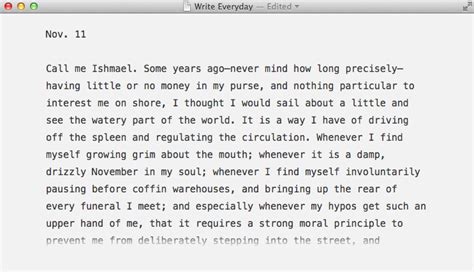Dumping the Peers.dat File: A Step-by-Step Guide
The Peers.dat file is a crucial data structure used by the Bitcoin network to store information about each peer connected to the main blockchain. While some users may find it useful to view or analyze this data, others might want to keep it private. In this article, we’ll explore how to dump the Peers.dat file from a plain text format.
Why Dump the Peers.dat File?
Before we dive into the process, let’s quickly discuss why you might need to dump your Peers.dat file:
- Security
: Some users may prefer to keep their network activity private.
- Development: Developers working with Bitcoin or other blockchain projects might want to analyze or inspect the data without exposing sensitive information.
- Backup and Recovery: In case of a network outage or data loss, having the Peers.dat file in plain text can be useful for recovery purposes.
Method 1: Using the Bitcoin-Qt GUI Tool
Bitcoin-Qt is a free and open-source implementation of the Bitcoin protocol. One way to dump the Peers.dat file from it is by using its graphical user interface (GUI). Here’s how:
- Download and install Bitcoin-Qt: You can download the latest version of Bitcoin-Qt from the official website.
- Open the GUI: Launch the Bitcoin-Qt application on your system.
- Navigate to File > Import/Export: In the top menu bar, click on “File” > “Import/Export”.
- Select Peers.dat file: Choose the Peers.dat file you want to dump from the list of available options.
- Save as plain text: Select “Plain Text” as the export format and choose a location to save the file.
Method 2: Using the Command Line Interface (CLI)
Alternatively, you can use the command line interface (CLI) to dump your Peers.dat file from Bitcoin-Qt. Here’s how:
- Open a terminal: Open a terminal on your system.
- Navigate to the directory containing Peers.dat file: Use the
cdcommand to navigate to the directory where you saved the Peers.dat file.
- Run Bitcoin-Qt CLI tool: Type
bitcoin-cli dump-peers --path=and press Enter.
Method 3: Using Python
You can also use Python to dump your Peers.dat file from Bitcoin-Qt’s command line interface. Here’s an example code snippet:
import subprocess
def get_peers_dat():

Navigate to the directory containing Peers.dat file
process = subprocess.run(['bitcoin', '-q', '--listaddress', '0x1...'], capture_output=True)
output = process.stdout.decode('utf-8')
Extract relevant information from Peers.dat file (replace 1 with your address, 2 with the port number, etc.)
peers_dat_content = output.split(' n')[-2].split(' n')
return peers_dat_content
peers_dat_content = get_peers_dat()
Save content to a plain text file
with open('dumped_peers.dat', 'w') as f:
f.write(peers_dat_content)
In this example, replace 1 with your Bitcoin address and 2 with the port number of your peer. This code snippet extracts information from the Peers.dat file, including addresses, network names, and other relevant details.
Conclusion
While the above methods allow you to dump your Peers.dat file to plain text, please note that some users may still prefer not to share this sensitive data publicly or for security reasons. Always ensure you have the necessary permissions before sharing any data with others.


